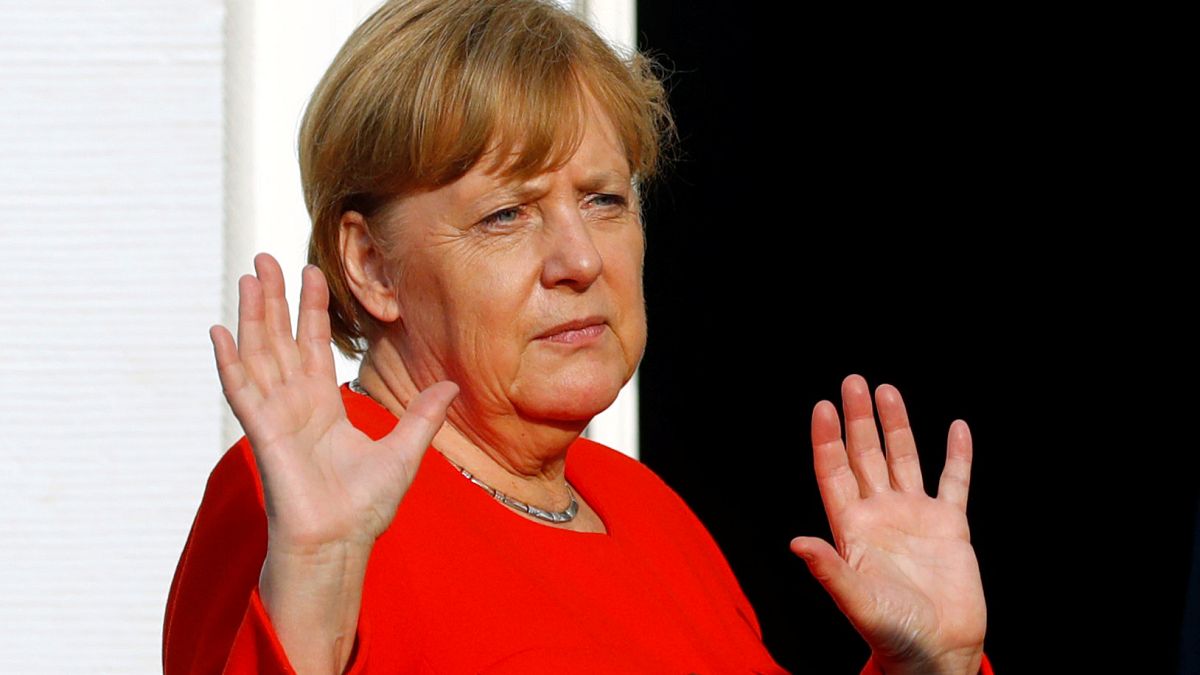Germany's leader needs to pull off a diplomatic master-stroke to secure her position and keep to her values. Here's why:
Angela Merkel is perhaps in her most vulnerable position in 13 years as German Chancellor. Even her allies seem to be turning against her. Euronews' Berlin correspondent Jessica Saltz looks at what's going on:
Why is Merkel having a hard time over migration?
Merkel is on shaky ground domestically when it comes to the issue of migration. Her conservative Bavarian allies, the CSU, have given the Chancellor a two-week deadline (ahead of a EU summit on June 28) to come up with a convincing European plan to reduce migration into Germany. Otherwise from the beginning of July they will go it alone and start tightening Germany's borders. There are even members of her own CDU party who support their sister party on this, so Merkel's leadership is really on the line. As Chancellor she has the power to overrule the decisions of her CSU allies and Interior Minister Horst Seehofer if they started to turn away asylum seekers, but if she pulled rank then there would be serious political chaos within the conservative block.
What is Emmanuel Macron's role?
Merkel needs the support of the French President to come up with viable measures to control migration. The Berlin-Paris alliance often leads the way in European politics, but for Merkel it is more important than ever that other EU leaders follow suit. The French and German leaders outlined plans to strengthen EU borders, target the causes of migration and are demanding a streamlined and fairer system EU on migrant distribution between EU states. They will continue these talks at a mini-summit which has been planned for Sunday in Brussels, with a handful of other European leaders including Spain and Italy.
How likely is it that Merkel will come up with a convincing response in time?
The EU needs to show that it is controlling the number of asylum seekers that are coming into each country and that the burden of accepting them is shared. Merkel and Macron are under no illusion that each leader will agree to this, but they are hoping for as broad an agreement as possible. Merkel's so-called "open-door" policy to refugees in 2015 was arguably the most defining decision of her tenure as Chancellor. She can not afford to now regress too far on her humanitarian approach; if she does she will be criticised for completely undermining her own values. It is a difficult line to tread, and confidence in Germany is low - 75% of Germans according to a recent poll do not have faith that Merkel will be able to secure a European response that will placate the CSU.
